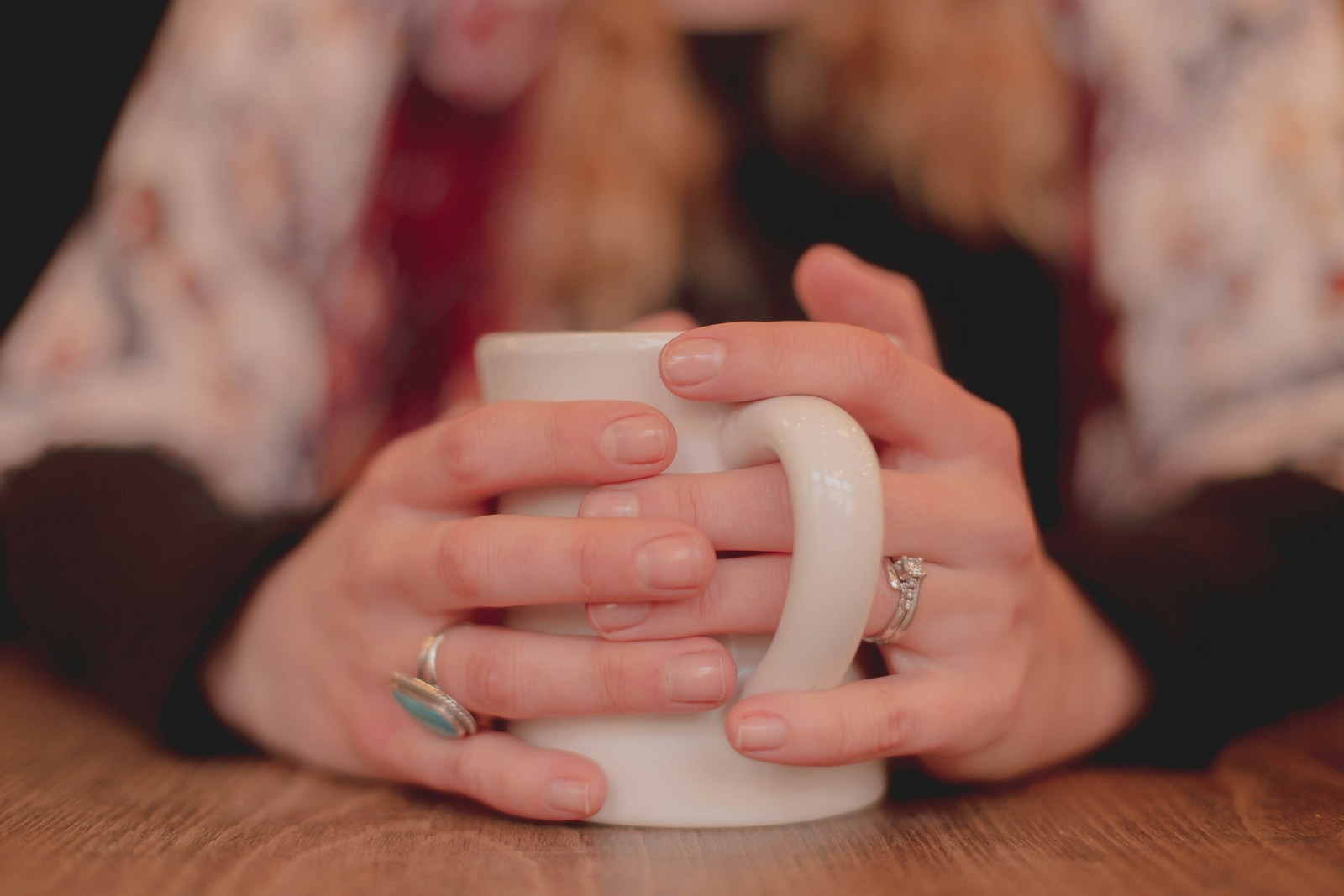
Routine

routine
The German word 'Routine' is a direct cognate of the English word 'routine'. It is used in the same context as in English, referring to a regular or habitual activity, procedure, or pattern of behavior. It can also refer to a sequence of operations that are performed repeatedly, such as a daily routine or a work routine.
Example sentences using: Routine
Meine tägliche Routine beginnt mit einem Kaffee

My daily routine starts with a coffee
This example phrase is talking about an individual's daily routine of starting their day with a coffee. In German, 'tägliche' is an adjective that means 'daily', and 'beginnt' is the verb 'begins'. 'Mit' means 'with', and 'einem Kaffee' is 'a coffee'.
Diese Routine hilft mir, organisiert zu bleiben

This routine helps me stay organized
This sentence is expressing that the speaker's routine aids them in being organized. 'Diese' translates to 'this', 'hilft' is 'helps', 'mir' means 'me', and 'organisiert zu bleiben' translates to 'stay organized'.
Ich habe meine Routine heute früh geändert

I changed my routine this morning
In this example, the speaker is conveying that they modified their routine in the morning. 'Ich' is 'I', 'habe' translates to 'have', 'meine' is 'my', 'geändert' means 'changed', and 'heute früh' is 'this morning'.